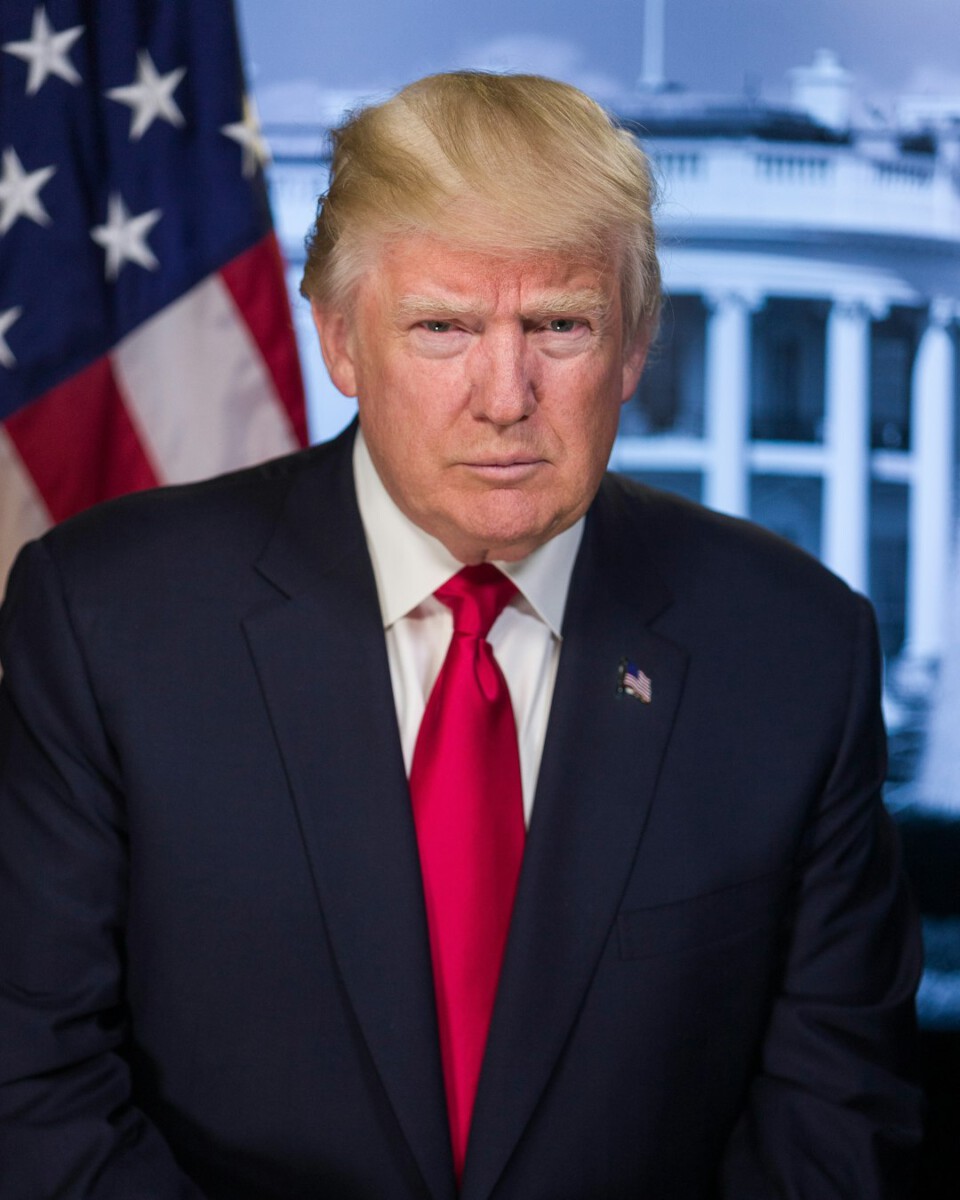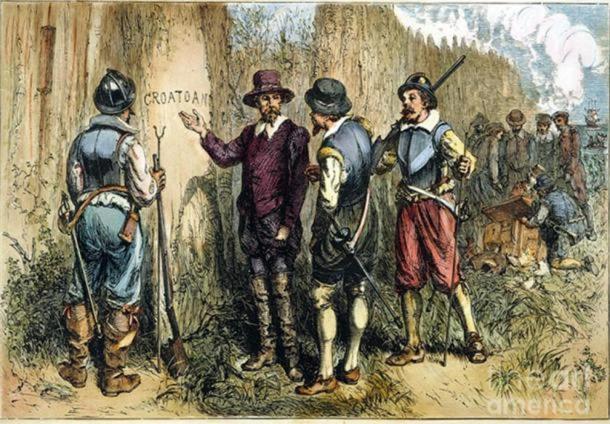A Sudden Federal Ultimatum Hits Home (image credits: Unsplash)
Los Angeles — Amid the hum of a crowded auditorium, voices rose in unified protest as professors gathered to challenge a bold federal move shaking the foundations of higher education.
A Sudden Federal Ultimatum Hits Home
Imagine waking up to find your workplace under siege from Washington. That’s the reality for USC’s academic community right now. The Trump administration recently extended a so-called “Compact for Academic Excellence” to the university, dangling federal funding in exchange for adopting policies that lean heavily conservative.
This isn’t just paperwork—it’s a direct push to influence everything from admissions to classroom discussions. Faculty members, many of whom have dedicated decades to fostering open inquiry, see it as an existential threat. Their special Academic Senate meeting last week turned into a rallying cry, with calls to outright reject the proposal.
What’s in This Controversial Compact?
At its core, the compact demands universities align with specific ideological priorities. Think restrictions on diversity initiatives, changes to how history and social sciences are taught, and a pivot toward what the administration calls “traditional values.” For schools like USC, which rely on federal grants for research and student aid, the stakes couldn’t be higher.
Critics argue it’s a Trojan horse for censorship. One professor likened it to “handing over the keys to the ivory tower,” fearing it would stifle progressive scholarship. The document’s fine print promises “favorable access” to billions in funding, but only if campuses toe the line.
Newsom Enters the Fray with a Stern Warning
California’s governor didn’t sit idly by. Gavin Newsom quickly fired back, threatening to yank state funding from any university that signs on. This pits federal dollars against California’s deep pockets, creating a high-stakes standoff.
For USC, a private institution but still intertwined with state resources, this adds layers of pressure. Newsom’s stance underscores a broader resistance from blue-state leaders, framing the compact as an assault on academic freedom. It’s turning what started as a university issue into a national flashpoint.
Voices from the Faculty Frontlines
Inside USC’s halls, the mood is one of determination mixed with worry. Longtime educators shared stories of past battles for intellectual independence, drawing parallels to this moment. “We’ve built this place on debate, not dictates,” one anonymous faculty member told reporters.
A petition circulating online has already garnered thousands of signatures, urging USC leadership to “promptly reject” the compact. Petitions like these highlight a groundswell of support, not just from professors but alumni and students too. It’s a reminder that campuses thrive on collective voices.
Beyond USC: A Wave of Campus Pushback
USC isn’t alone in this fight. Similar compacts went out to eight other major universities, sparking outrage across the board. At the University of Arizona, their Faculty Senate outright condemned it, vowing to protect “the privilege of educating, debating, and resisting.”
This ripple effect could redefine federal-university relations. As more schools weigh in, patterns emerge: a shared commitment to autonomy over compliance. For observers, it’s a glimpse into how education policy might evolve in the coming years.
Key Implications for Higher Education
What happens next could set precedents for decades. If USC holds firm, it might inspire others to do the same, preserving the diverse ecosystems that make American universities world-class. On the flip side, compliance could normalize government overreach, chilling free thought nationwide.
Here’s a quick breakdown of the potential fallout:
- Federal funding tied to ideology might widen access gaps for underrepresented students.
- State interventions, like Newsom’s, could fragment national education standards.
- Faculty morale dips when politics invades the classroom, affecting research quality.
- Long-term, it risks turning universities into echo chambers rather than idea labs.
Key Takeaways:
- Academic freedom hangs in the balance as federal incentives clash with core values.
- California’s response shows states can counterbalance national pressures.
- Faculty unity is proving a powerful force against top-down reforms.
In the end, this clash at USC boils down to who controls the future of learning—politicians or scholars. It’s a pivotal moment that could safeguard or erode the open-minded spirit of higher ed. What do you think about this showdown? Share your thoughts in the comments below.







